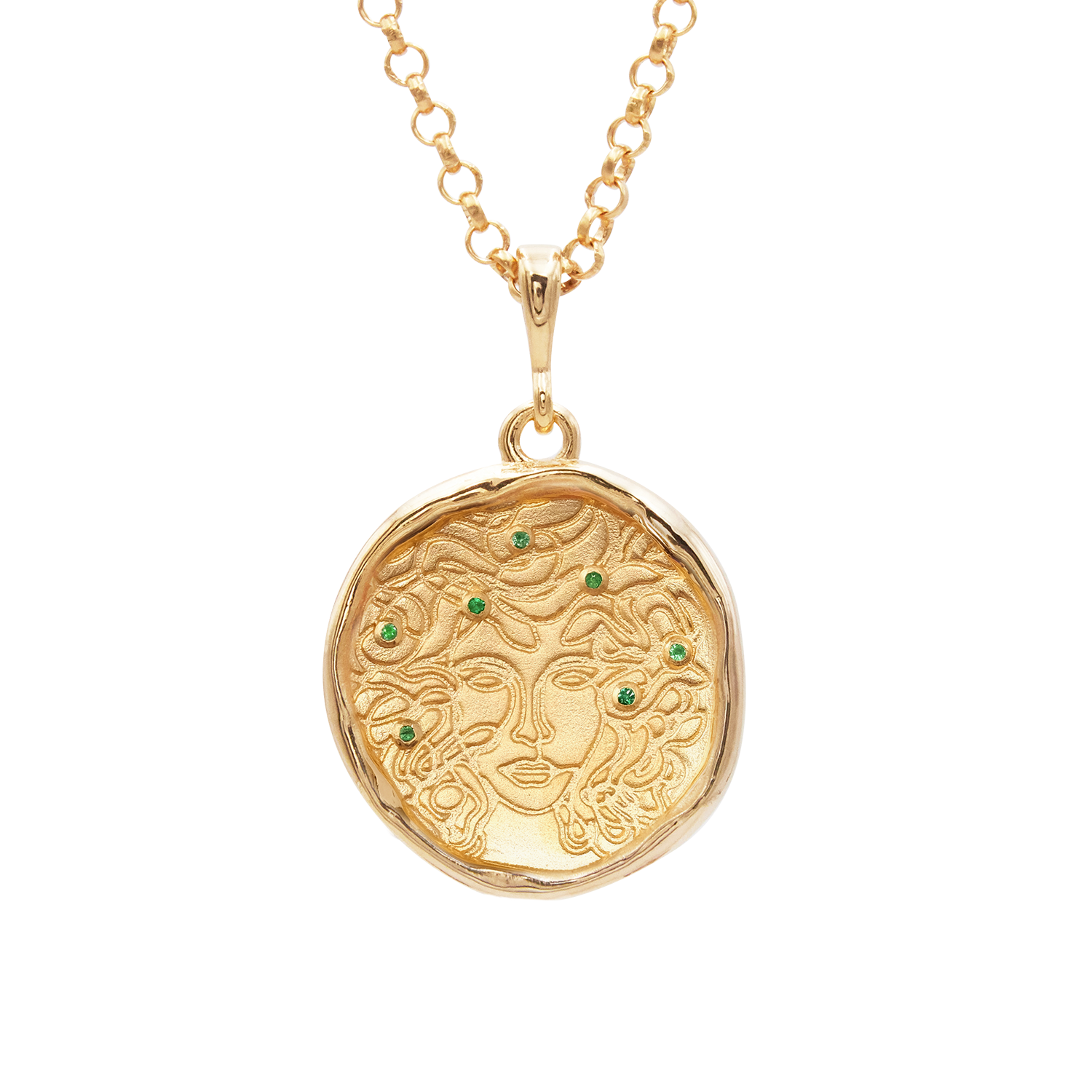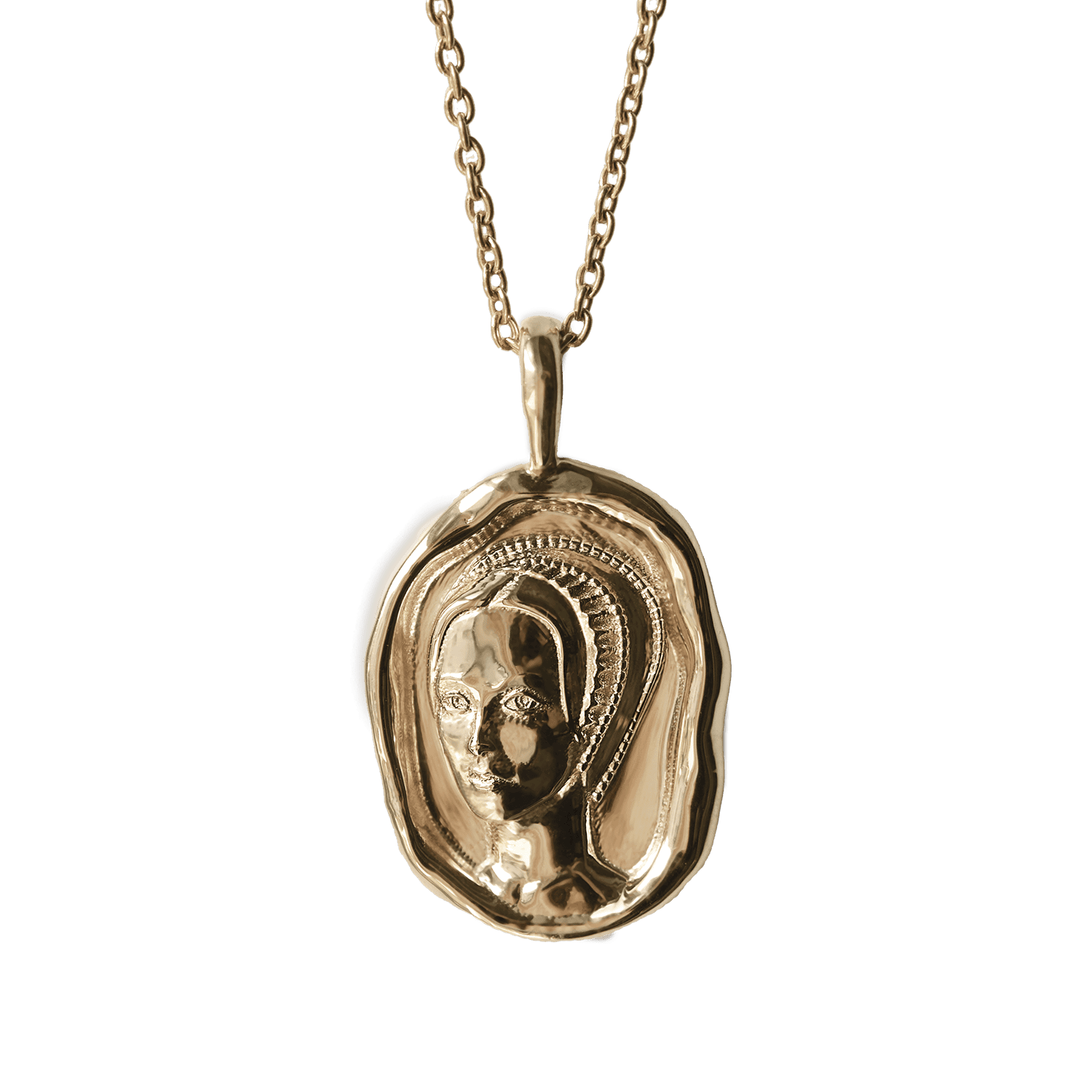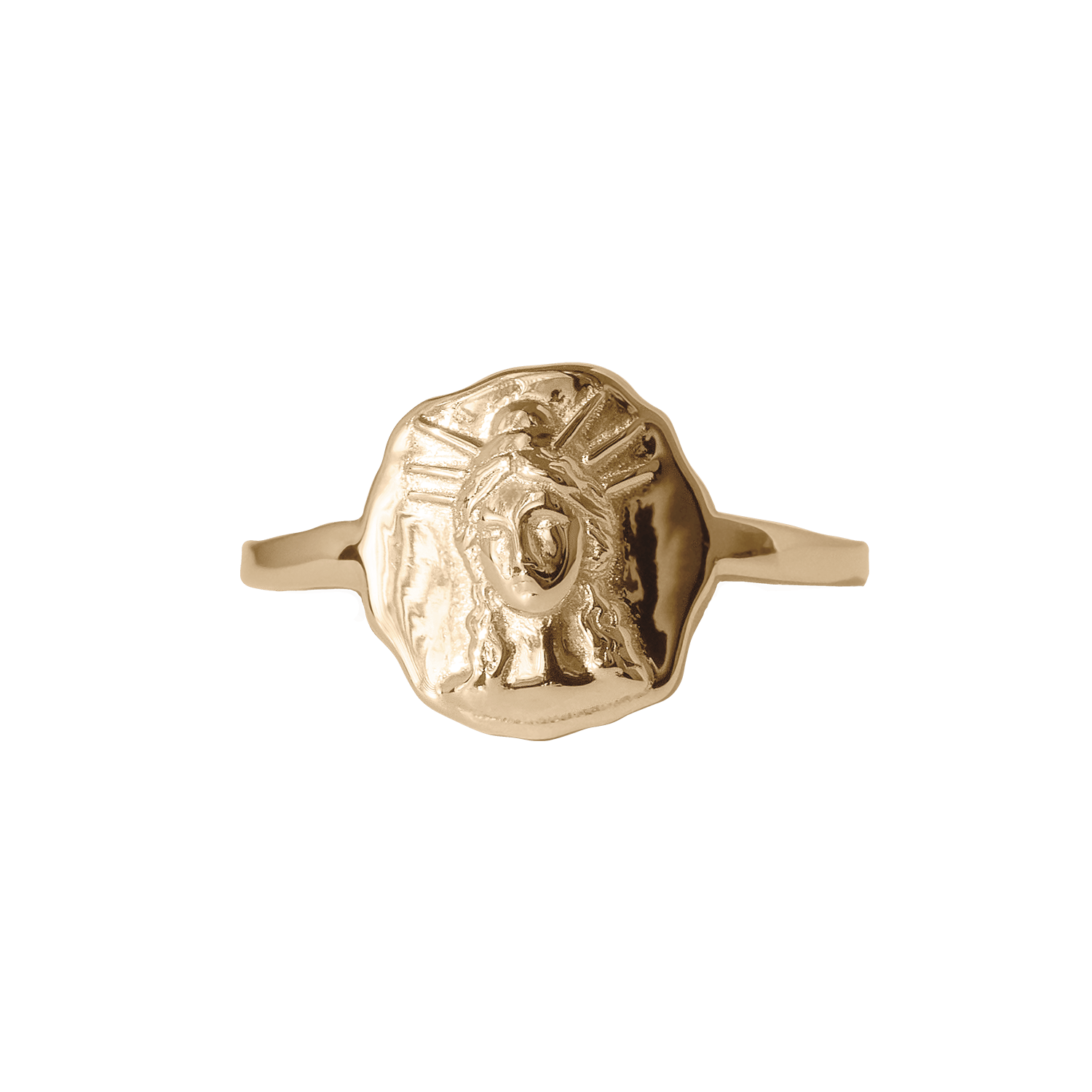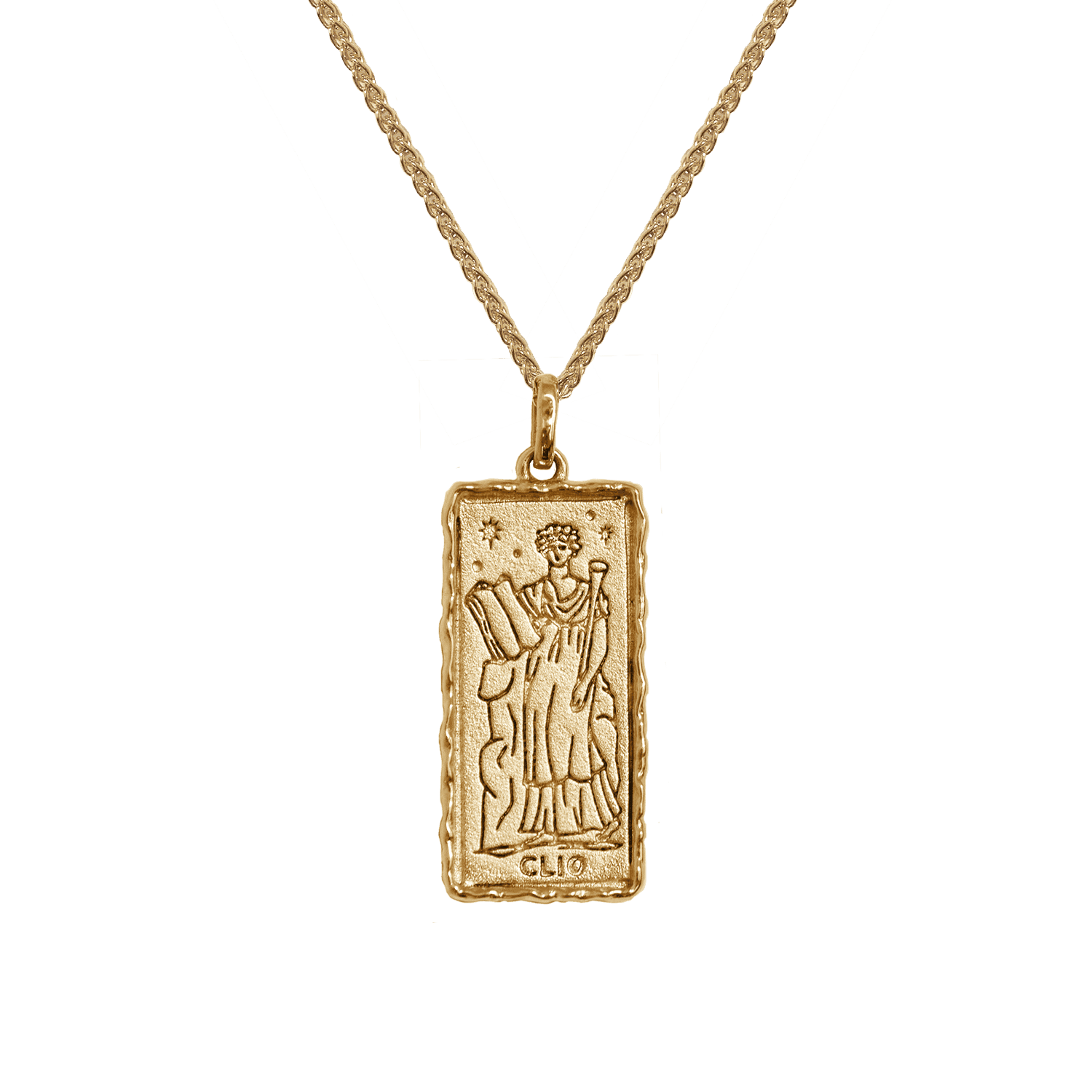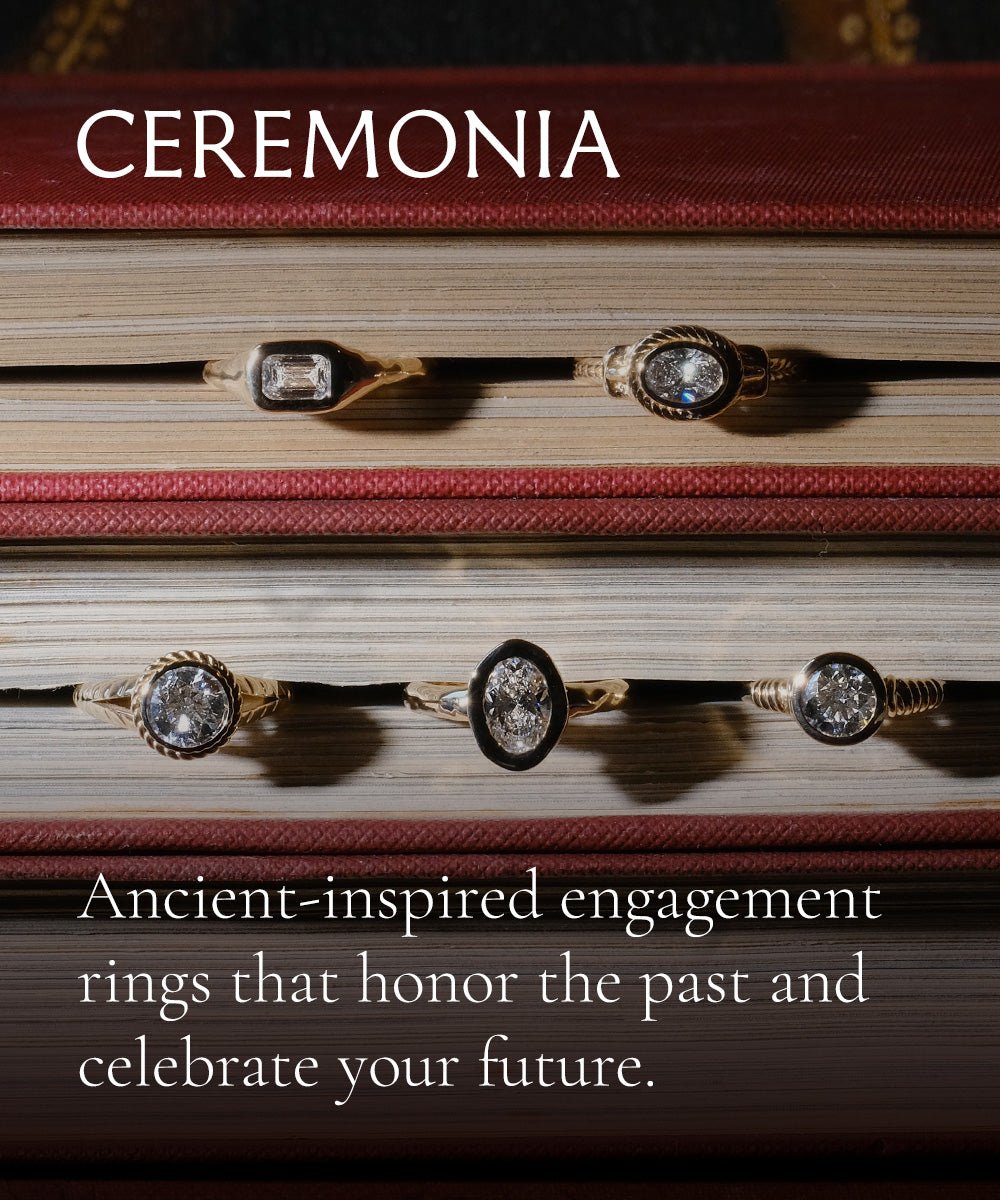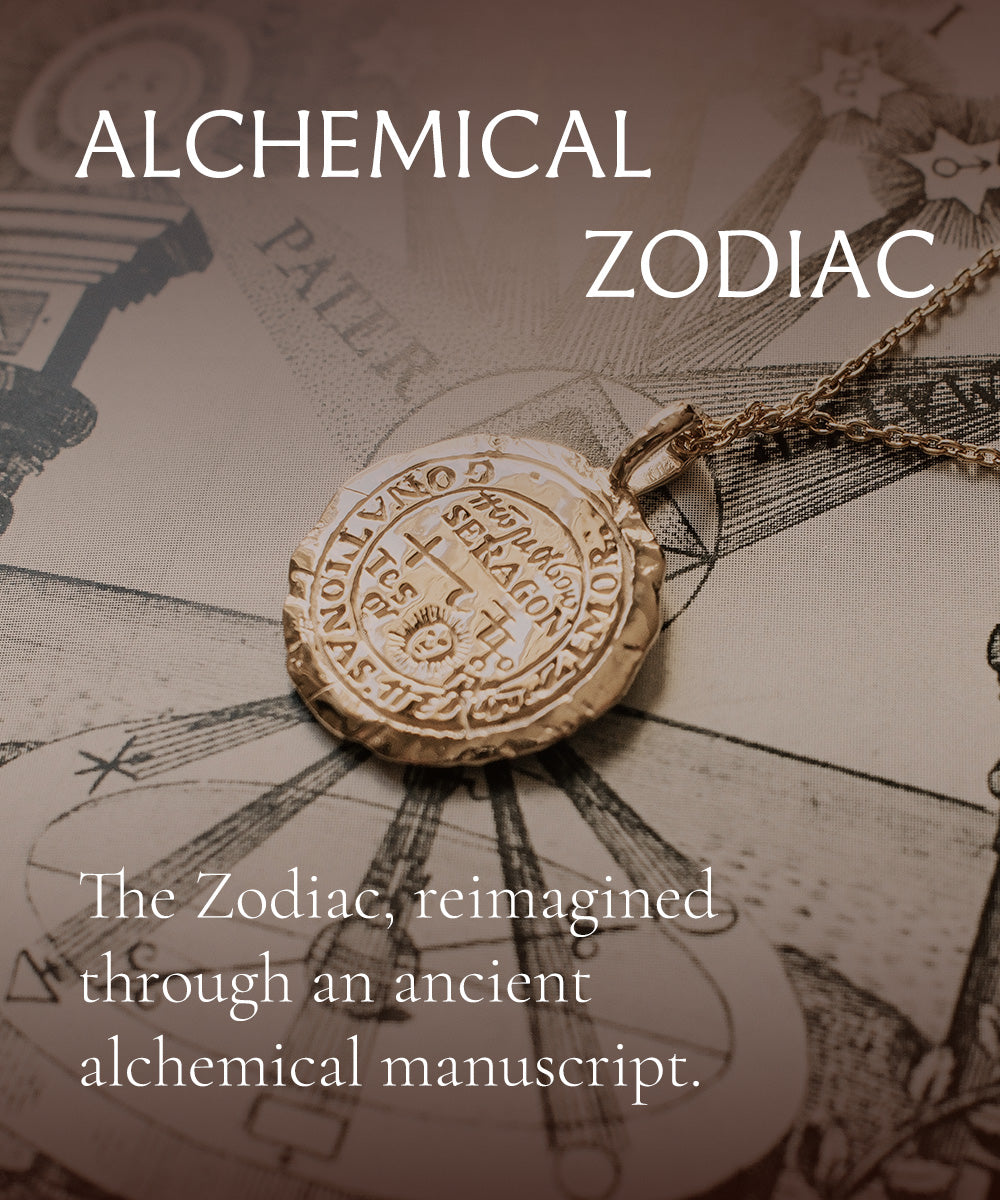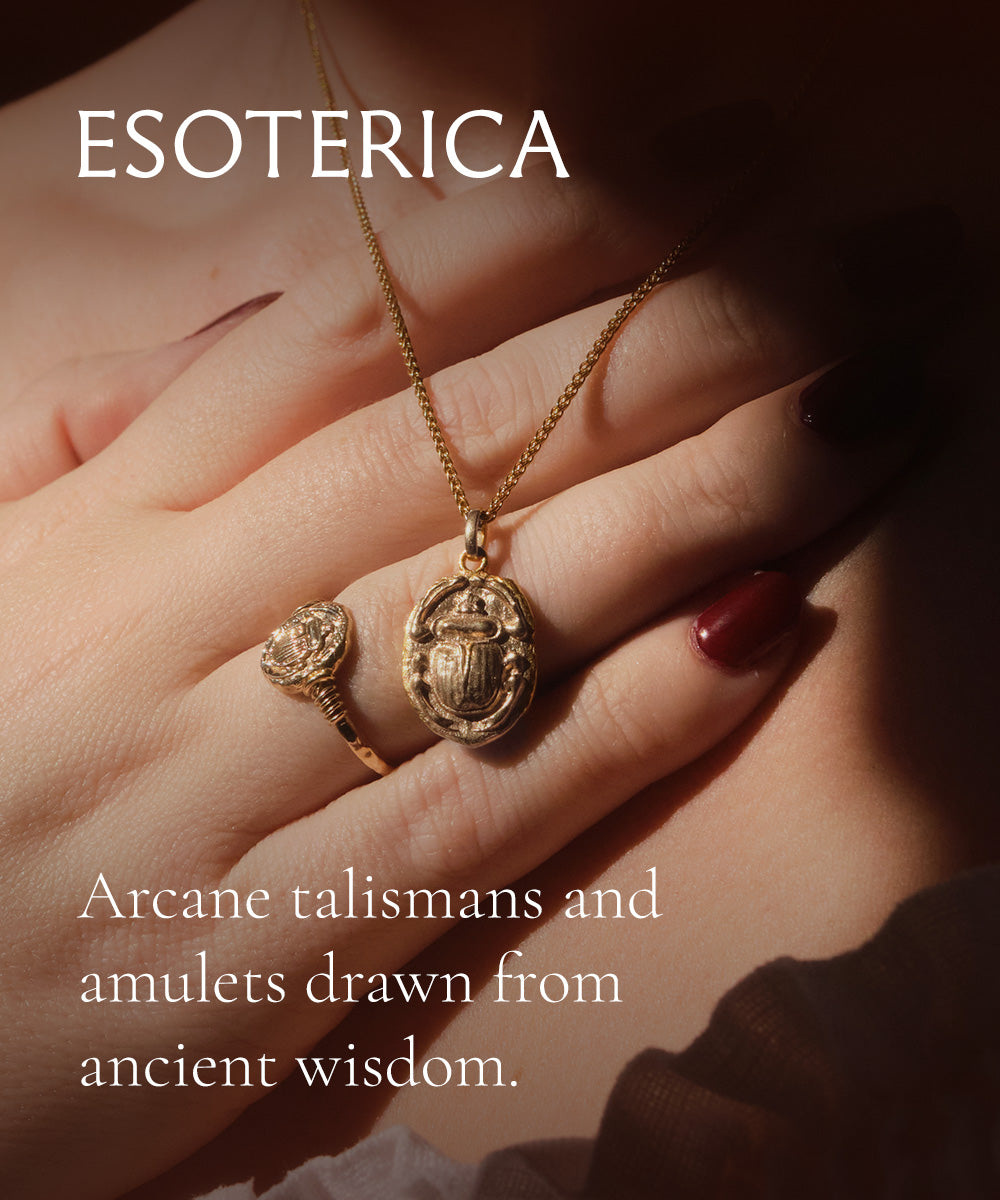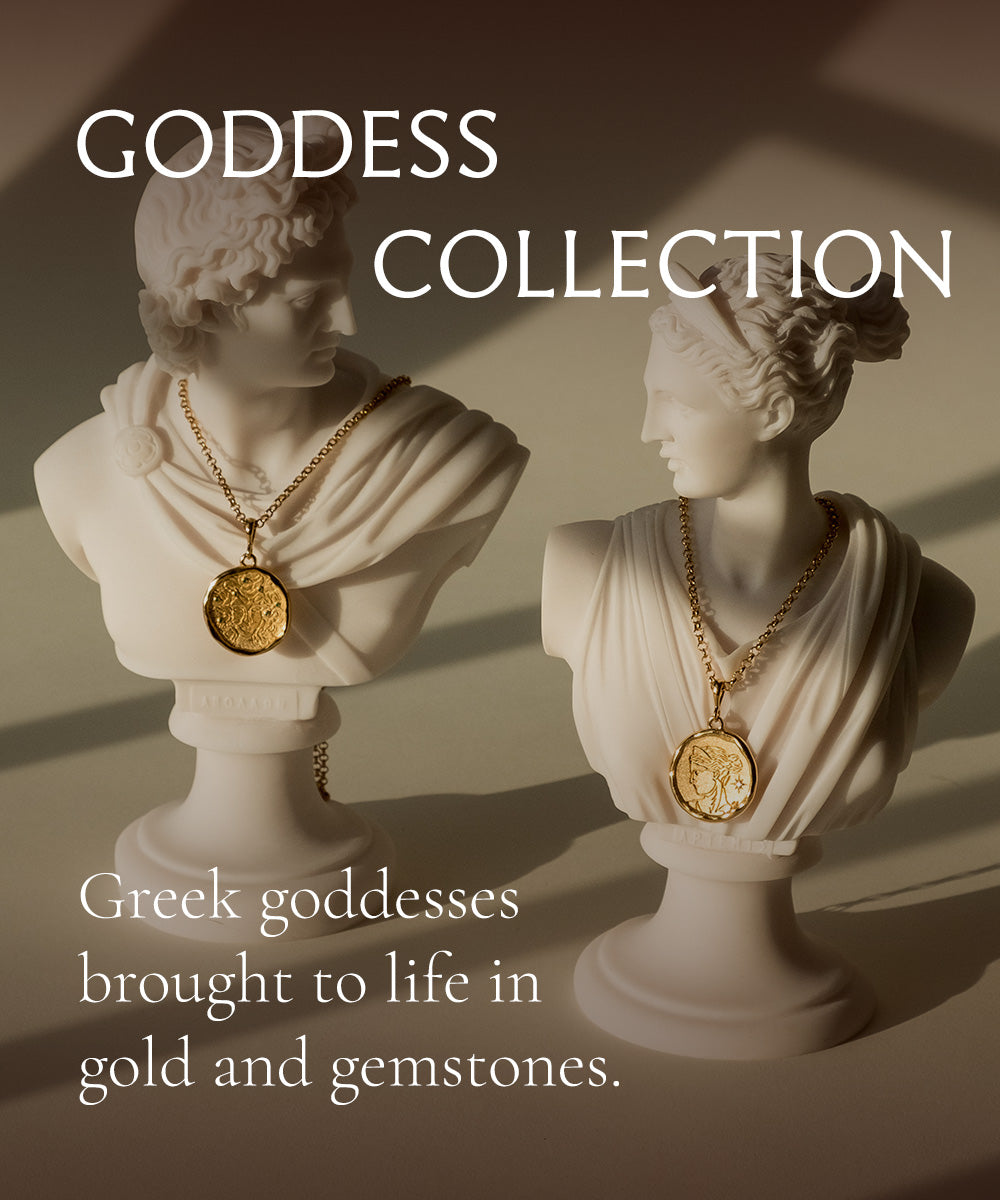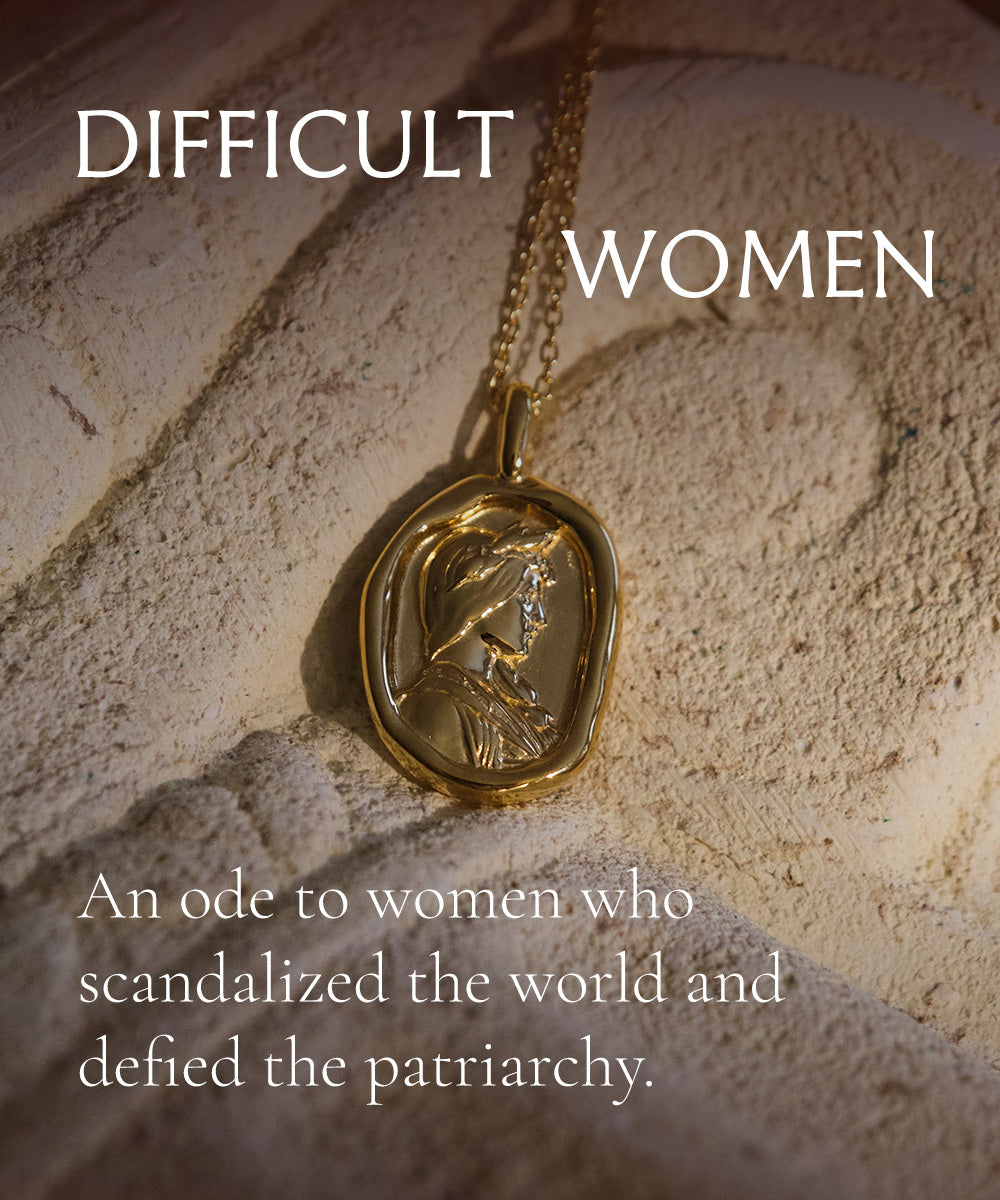She was called Pythia, high priestess, or Oracle, and she lived at the center of the world.
The Greeks thought Delphi to be the omphalos, or “navel” of Gaia, the earth. Long ago, a serpent coiled itself around the omphalos, spitting and strangling, until Apollo, the shining god of music, medicine, much and more, slew the serpent and proclaimed Delphi his patron city.
In the hollows of Mount Parnassus, Delphi became a hub for those who sought the word of Apollo, patron god of divination and prophecy. He spoke not directly to the people, but through the Oracle, a middle aged woman native to Delphi who was traditionally chosen for the sacred task of conveying Apollo’s word.
No one knew exactly how the Oracle channeled Apollo. Each high priestess passed onto the next the secrets of divination, secrets that have not survived the ages. The Oracle only offered her services one day each month, during the warmest nine months each year, and only when Apollo wished to offer guidance. Early in the morning, she cleansed in the Castallian spring where the naiads lived, the air thick with the smoke of burning laurel leaves. In the temple, a goat was sacrificed to Apollo.
People came from all across the Greek world to ask the Oracle their questions. Their footsteps echoed across the stone floor of the temple of Apollo, questions swirling around in their minds. Will I find a suitable husband? Shall I invest in more olives, or will the crop do badly this year? Is my son going to return from war?
She sat upon a tripod in the temple, her face veiled in purple. She heard the questions of the seekers, and entered into a divine trance. Her presence filled the room, her hair lifted around her shoulders. Her voice rose, becoming more than human, and she spoke Apollo’s words. She offered guidance and prophecy, but never direct answers, only cryptic riddles and allegories with meaning hidden under the words.
The Oracle’s ambiguities left just enough room for the seekers to find their answers. Often, they gained the surety they came for, but sometimes, they were too rash, leaving no room for interpretation. Famously, Croesus of Lydia asked the Oracle at Delphi whether he should wage war on Cyrus of Persia. The Oracle prophesied that, should Croesus go to war, a great empire would fall. Croesus took this as reassurance, but was crushed in battle by Cyrus. He had not considered that his own empire would be the one to fall.
To remind them of reason, high above the heads of the seekers were Apollo’s maxims, carved deep into stone.
γνῶθι σεαυτόν / Know Thyself
μηδὲν ἄγαν / Nothing in Excess
Ἐγγύα πάρα δ'ἄτη / A Pledge is the Daughter of Recklessness
Whatever the seekers heard from the mouth of the Oracle, they all received the sage advice of Apollo. Know who you are—your faults, your strengths, your virtues and your vice, exercise temperance or suffer under the weight of greed, and do not make promises lightly, for there is much danger in over committing yourself.
The word of the Oracle caused marriages to be made, empires to fall, crops to be planted. Around her grew a city rich and vibrant, where scholars, philosophers, kings, emperors, artists, farmers, poets, merchants and historians mingled, all carrying offerings to the gods and seeking to hear the voice of one woman.
